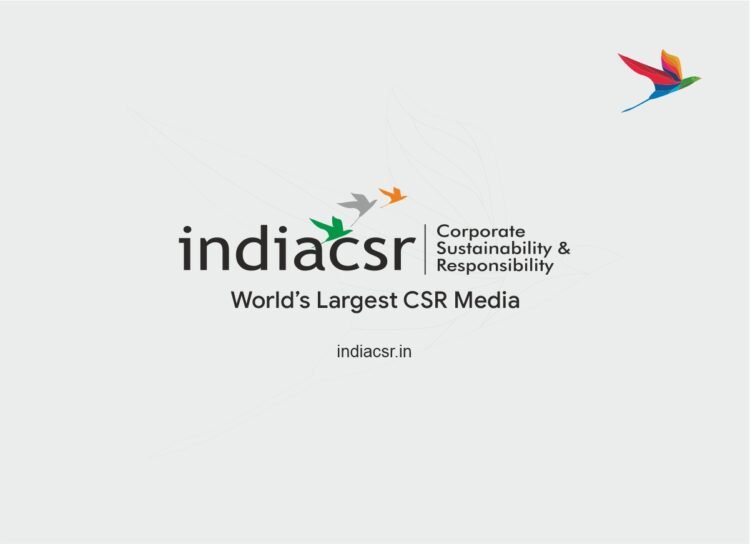By Sangeeta Haindl
We live in an increasingly water insecure world where demand often outstrips supply and where water quality often fails to meet minimum standards. 500 scientists have recently warned the world that the majority of the nine billion people on Earth will live with severe pressure on fresh water within the space of two generations as climate change, pollution and over-use of resources take their toll. Approximately 4.5 billion people of the world’s population already live within 50km of a water resource that is running dry, or polluted. If these trends continue, millions more will see the water on which they depend running out or so filthy that it no longer supports life. That’s why the launch of an innovative, tablet-based water and health education campaign in India by the Safe Water Network is pivotal.
Tech-Enabled Water and Health Education in India
Designed to build awareness of and demand for safe water in rural communities in India, it uses technology to enable multiple regional dialects and culturally specific marketing content to educate community members on the benefits of safe water and its link to good health. It is supported by the Merck Foundation to accelerate the adoption and usage of safe water for drinking and cooking. Danielle Menture, Vice President of Global Safety & the Environment at Merck says, “At Merck, we are interested in understanding how innovation can be used to improve global health and this initiative is an excellent example of a new way to use technology to improve access to clean water.”
Partnership with Dialogue Factory for Experiential Marketing
The campaign was developed in partnership with Dialogue Factory, which specializes in experiential marketing throughout India. The initiative builds on Safe Water Network’s “iJal” safe water brand that was designed to appeal to rural consumers. The tablet represents one of the most innovative and powerful tools to educate, entice and engage rural audiences. Its content is standardized and ensures that important messaging remains consistent across users and regions.
Tablet-Based Impact in Rural Communities
According to MARI and ECO-Club, Safe Water Network’s local partners in the field, delivering safe water and hygiene messaging on a tablet is creating a high level of excitement in rural communities. It is allowing aid workers to connect with people quickly and hold their attention longer. Safe Water Network’s campaign is gaining speed in unexpected ways; opinion leaders in the village of Pathipaka are so motivated by the message and lessons that they have become advocates themselves.
Empowering Health Workers for Change
Rajitha, a leading health worker with ASHA in the Warangal district who plays an important role in her community says, “Women and children, particularly young pregnant women, need to know the importance of always using safe water. In the past I’ve struggled to teach my community alone. Help has finally arrived.” Over the next year, Safe Water Network will introduce an educational video game, an interactive “Project Assessment and Management” application, to track safe water site assessments, planning, management and training.
Also Read: Indian Slum Innovation: Dharavi
About the author
Sangeeta Haindl
I love being a staff writer for 3BL Media/Justmeans on topics – Social Innovation, Social Enterprise and Social Entrepreneurs. When I am not writing for 3BL Media/Justmeans, I wear my other hat as owner of Serendipity PR. Over the years I have worked with high-profile, big, powerful brands and organisations within the public, not-for-profit and corporate sectors; and won awards from my industry. I believe in the power of serendipity for business. Do e-mail me if you would like to know more and what this means. I also am a Twitter lover and believe that social media lets people into our lives. I would also describe myself as a Spiritual Entrepreneur, Conscious Explorer and Futurist. I enjoy helping others, paying it forward and being a mum.







